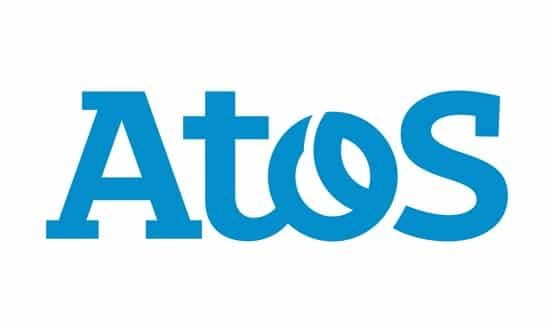Treasury targets £2.3 billion annual IT savings
- 21 April 2009
The Treasury’s Operational Efficiency Programme has recommended that £7.2 billion of annual efficiency savings could be achieved on government IT and back-office operations.
Published on the eve of the budget, the Treasury said its year-long programme examining operational spending in the public sector showed the scope for £15 billion of efficiency savings.
A whopping £2.3 billion annual efficiency savings are targeted from government IT spending and better management, review of costs and governance of IT-enabled change programmes.
Although the NHS IT programme is not mentioned, the scale of the savings sought indicate there are no sacred cows.
The report argues better management information, benchmarking and “review of costs and better governance of IT-enabled change programmes” can achieve £4 billion of annual savings on back office operations and £2.3 billion annual savings on IT spending.
The review, led by by Dr Martin Read, forms one of five strands of the Treasury’s Operational Efficiency Programme, which was launched last July.
Dr Read’s review of back office systems and IT has aimed particularly at “better governance of IT-enabled projects, and greater standardisation and simplification of IT across the public sector."
His recommendations include the need to: “strengthen the governance of IT-enabled change projects (including the requirement that ministers and accounting officers are regularly updated on high risk projects and briefed on projects where the delivery confidence is not high)."
Other recommendations include “strengthening the existing Gateway assurance processes (including the introduction of “starting gate” reviews of all IT-enabled change projects)."
The report also urges developing the internal IT capability within the public sector and continue to professionalise the IT function.
The other four strands of the review focus on collaborative procurement, led by Martin Jay; asset management and sales, led by Gerry Grimstone; property, led by Lord Carter of Coles; and local incentives and empowerment, led by Sir Michael Bichard.
Another key recommendation made within the report is that different parts of the public sector, including local government, the health sector and the police, “should accelerate the use of shared services both between similar bodies and across services in a geographical area."
It says greater use should be made of NHS Shared Business Services and similar outsourcing operations.
The five advisors commissioned by the Treasury to investigate possible efficiency savings state uin theior foreword to the report: “The private sector never stops seeking greater efficiency in the ways that it purchases and provides services, and neither should government.”
Link
Operational Efficiency Programme final report




